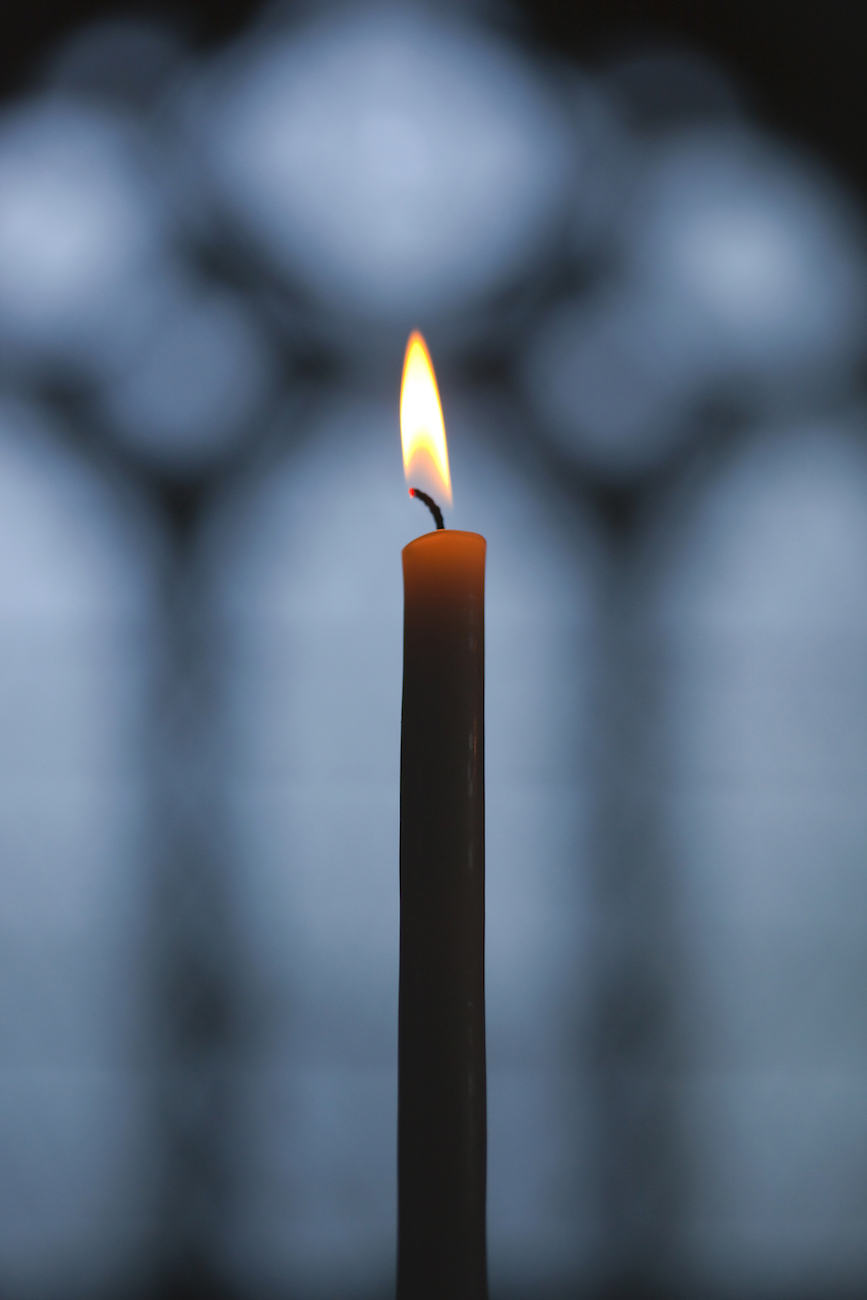
Ten Most Careless Statements Made to Grieving People-by Bonnie Swade (taken from Dr. Linda Jordan retired Manager of Duke Community Bereavement Services
I will never forget when our son Brett took his life five years ago. Some of the remarks I heard from people who knew my husband and I well had angered me then and still do today. Two remarks that stand out in my mind came from women who are considered professional. The first came in a form of an e-mail (mind you, the person could not even go to a store and pick out a card) and the message said, “If you want to call sometime and talk, please do.” (like, I will get right on that one, not!) The other comment that stuck with me about our son’s suicide was from a school counselor who said, “Your son’s death is really poopie.” (diapers are poopie, yards are poopie, and suicide is not poopie!)
I realize that most people truly do not know what to say, how to say it, and are truly at a loss. Recently, one of our participants in our support group brought me this article from Dr. Linda Jordan and I liked its contents. This might be a good article to pass along to friends, family, and co-workers.
Most careless statement # 1: I know how you feel. No one knows how someone else feels even if one has had a similar loss. The twin of this careless statement is “the same thing happened to…” and then launch into a tragedy that happened to someone else. The sentiment of wanting to identify with the pain of grief is a worthy one, but the fact is such statements alienate the grieving person.
Most careless statement # 2: S/he lived a long life. And the point is? The message behind this remark is the person should grieve less because one has had many years with this person. No one has the right to give you a barometer on your love and loss.
Most careless statement # 3: Let me know if there is anything I can do. A person who is grieving has no idea what they need or even how they will get through the next hour. In reality, the statement is to make the comforters feel better, not the bereaved. If you really want to take the initiative find out if grocery shopping is needed, babysitting, cutting the lawn, or making a meal.
Most careless statement #4:S/he is in a better place. The dead do not need comforting. They are indeed in a better place. Who is not in a better place are the survivors. They are hurting. This is a religious platitude meant for helping the bereaved feel better. Others include “everything happens for a reason” and God doesn’t give us more than we can bear.” Such statements are meaningful if the bereaved make them so. It is not okay for comforters to pose these interpretations.
Most careless statement # 5: It was a blessing. Surely death can be accompanied by a sense of release and relief when survivors have to watch a loved one suffer physically or emotionally, but the final letting go hardly feels like a “blessing.”
Most careless statement #6: You’re holding up well. What are we supposed to be holding up? Often people in grief have to turn in an academy award performance every day in order to make people around them comfortable. In addition, they endure a multitude of insensitive remarks. There is something fundamentally wrong when grieving people are taking care of those not grieving.
Most careless statement #7: At least you still have (other children or family) Variations on this theme suggest that people are “interchangeable” which not the reality is at all. This sort of thinking discredits the uniqueness of the deceased and the power of the loss.
Most careless statement #8: I’d thought you’d be over this by now. We expect people to move through grief and return to “their old selves.” Meaning and fun will return to life, but survivors do not have a time table and the reality is they will miss the deceased for the rest of their lives. The person who needs to “get over it” is the one who expects grief to be a 24 hour-virus.
Most careless mistake #9: God needed another angel in heaven. This is used often to comfort those who have lost children. The message that gets sent from this statement is if you are special and good, you will be rewarded by death. Children certainly do not need to live with this analogy.
Most careless mistake # 10: You’re the man or the woman of the house now. This statement happens most often when a parent dies. No one needs an added burden to be the adult after this happens. Sadly, children are praised for over- functioning, It takes real intention to allow age appropriate grieving patterns and maintaining age- appropriate behavior.
Nothing we can say or do can take away someone’s grief. But there are a couple of things that may be helpful.
Please know I care.
I remember…
Use the person’s name.
Will Rogers once said, “It’s not what you don’t know that scares me; it’s what you know for sure that just ain’t so.”
Community matters so be there for that grieving person.

